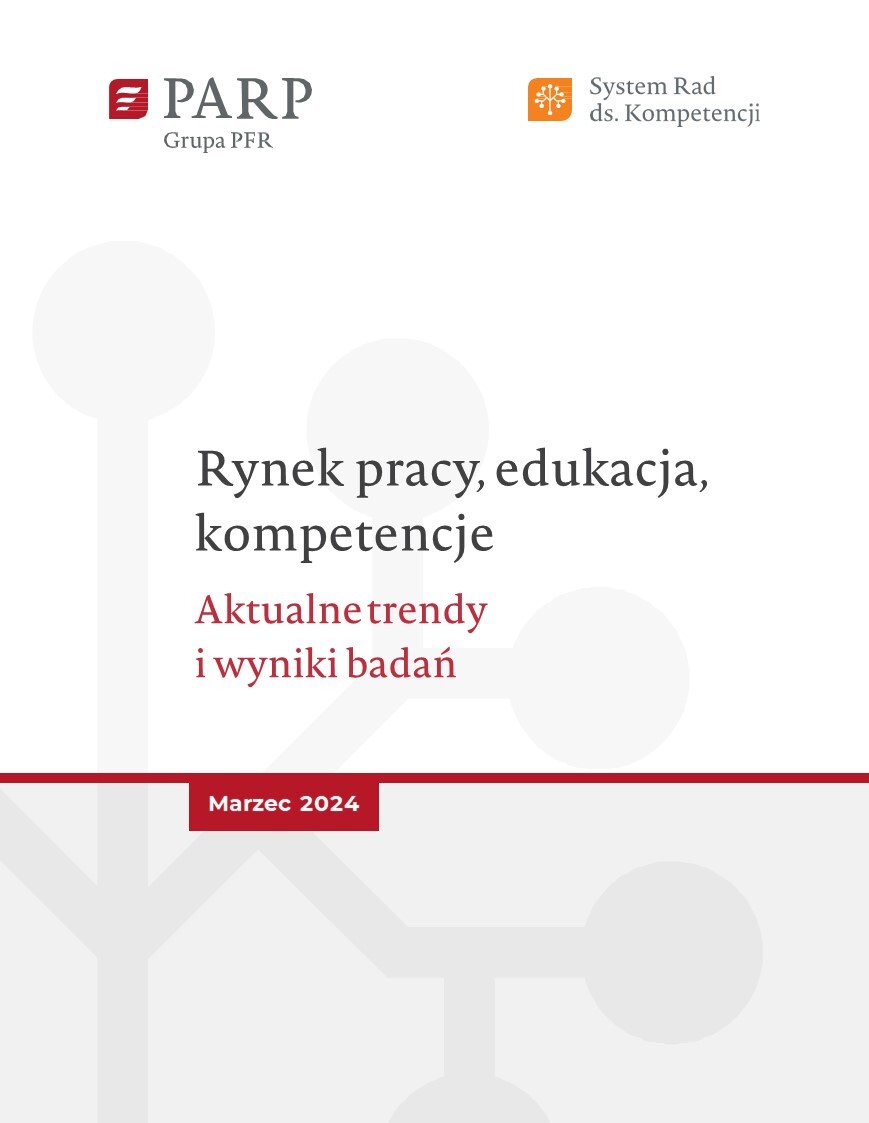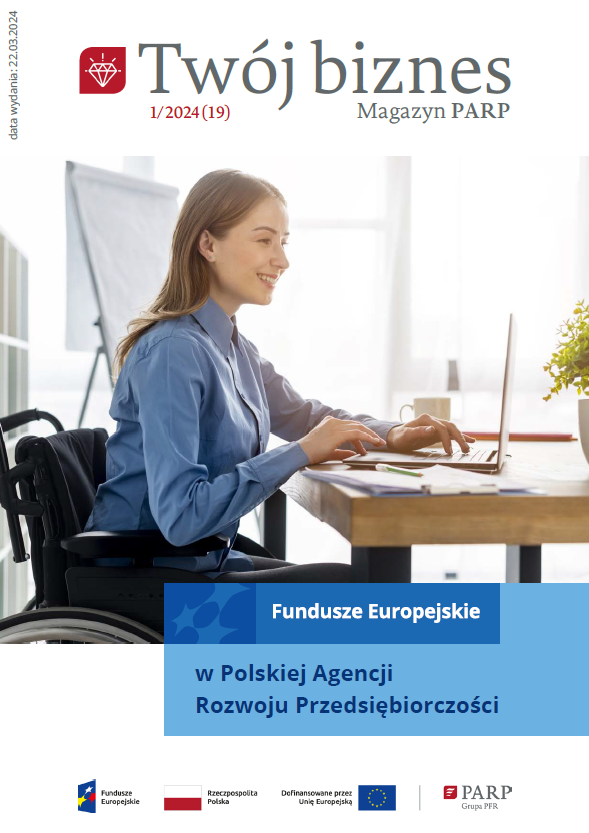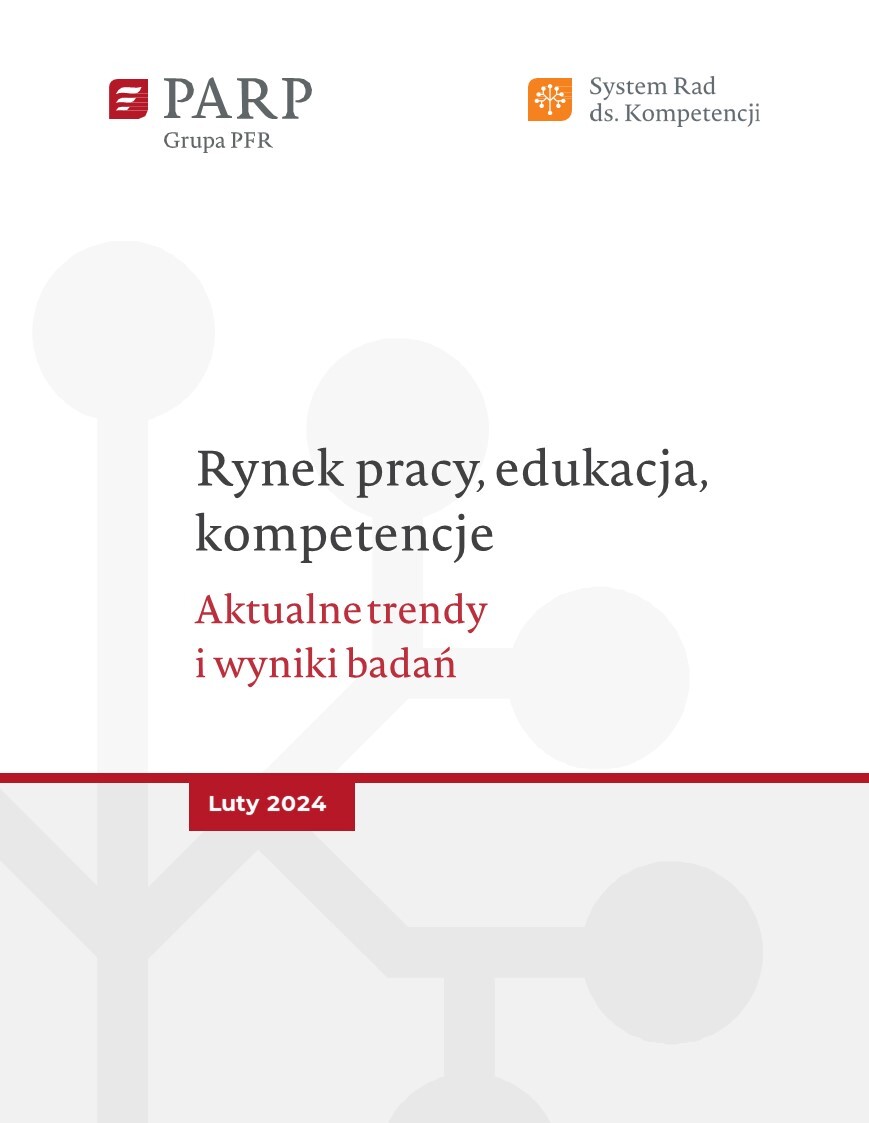Udzielamy informacji o programach pomocowych realizowanych przez PARP.
COVID-19 Business Pulse Survey – Poland (second edition) – executive summary
Pobierz wybrany format publikacji:
Micro, small, and medium enterprises (MSMEs) have managed to adapt gradually to pandemic restrictions, but the fallout from the pandemic on business remains widespread. In the fall, 52 percent of MSMEs reported a decline in sales, compared to 69 percent in the spring, according to findings from the second round of the COVID-19 Business Pulse Survey for Poland, completed by the World Bank and the Polish Agency for Enterprise Development (PARP). This second round also saw a seven percent increase over the first edition in the number of enterprises that continued to work. Those companies that closed were mostly from the service sector.
The two rounds of the 2020 survey – one in May-June and one in September-October – were carried out in different economic conditions. In springtime, enterprises benefitted from a gradual easing of lockdown restrictions, whereas in the fall, they were faced with a new wave of restrictions.
In September and October, 97 percent of enterprises continued to work, though not necessarily at full capacity (at their own discretion), whereas in May and June, this number was 91 percent. These findings suggest that, according to the entrepreneurs surveyed in the fall, the impact of pandemic restrictions on business has been less harsh, compared to what they declared back in the spring.
– “It hasn’t been an easy year for entrepreneurs. Small and medium enterprises had to go through some serious obstacles that impeded the free and efficient operation of the market. The Polish economy however – thanks to the efforts of Polish entrepreneurs and millions of workers – is doing reasonably well. This effect has certainly been reinforced by government programs, which helped entrepreneurs find their way during this unfavorable environment. Entrepreneurs have access to anti-crisis protections”, says Jarosław Gowin, Deputy Prime Minister, Minister for Development, Labor and Technology.
Pandemic impact
The COVID-19 pandemic continues to exert an almost ubiquitous impact on sales, but survey responses are slightly more encouraging than in the first round of the survey. In the spring, 69 percent of entrepreneurs reported a decline in sales (compared to the same period in 2019), whereas in the fall, this figure dropped to just slightly over 50 percent. Notably, in addition to an easing of the overall decline in sales, the intensity of this decline has also lessened, with the average decline in sales clocking-in at 17 percent during the fall, versus 30 percent reported in the spring.
The survey has shown that most respondents are dealing with an increase in their cost-to-income ratios, because of the Coronavirus. An unusually high number (72 percent) of MSMSEs experienced either a drop in income, combined with increased or unchanged costs, or stable income, combined with cost increases. Nearly one in three companies was experiencing falling sales and rising costs, and 30 percent of respondents raised the price of their core products or services.
Interestingly, however, entrepreneurs do not perceive other business entities as the cause of that decline in sales and only one in ten respondents reported that their market competition is now greater than it was at the onset of the pandemic.
COVID-19 response
For a vast majority of survey respondents, the fallout from the pandemic has been mitigated by public support. The use of public aid in response to the Coronavirus outbreak was reported by more respondents in the fall than in the spring: 82 percent vs. 66 percent.
– “Naturally, one should not be surprised with the uptake of support. The challenge, now, is ensuring this public aid is targeted and effective. Survey results suggest it would not be enough to take decisions based solely on the grounds of a company’s size or sector. The shock of the pandemic is impacting various enterprises in various ways. Therefore, when identifying beneficiaries of public aid, one should consider applying various criteria, for example, by reflecting company financial results such as a decline in revenues“, says Marcus Heinz, World Bank Resident Representative for Poland and the Baltic States.
One way to deal with this new business environment would be to introduce or intensify the use of online and digital tools. In response to the pandemic, every sixth respondent reported an intensification of their use of the Internet, social media, dedicated applications, or digital platforms. Of all respondents, 31 percent have continued using their regular Internet tools, while 52 percent replied that they had neither used online or digital tools before nor have they implemented any new solutions in that regard. In terms of investments in digital technologies, retail and wholesale companies lead the way. These companies were also the least likely to modify their offerings, compared to other companies.
– “Confronted with prolonged adversity, respondents, when asked about their expectations for the coming months, consistently demonstrate a rather pessimistic attitude. They anticipate their sales to fall by 12 percent in the coming quarter, compared to the same period a year before. In the spring, they expected a fall of 11 percent – so little has changed when it comes to business sentiment. Therefore, we strongly encourage entrepreneurs to monitor their options for public support in 2021. PARP is preparing more options to help companies both meet the challenges of the pandemic and continue to grow“, observes Małgorzata Oleszczuk, President of the Polish Agency for Enterprise Development.
About the study:
Business Pulse Survey has been conducted by the World Bank in more than 30 countries worldwide. Thanks to the partnership with the Polish Agency for Enterprise Development the survey was adapted to the local context. The purpose of the survey is to capture the fallout from COVID-19 pandemic on the universe of enterprises in Poland, which can serve to finetune business support instruments.
The second round of Business Pulse Survey (BPS2), completed in September and October 2020, elicited response from 646 of 1005 enterprises which participated in the first round of the survey in May and June 2020 (BPS1). The survey was carried out with CATI technique. Research sample included micro, small and medium enterprises from industry, trade and services. Large enterprises (i.e. those with more than 249 employees) and agricultural companies were excluded.
Spis treści
Inne publikacje, które mogą Cię zainteresować











